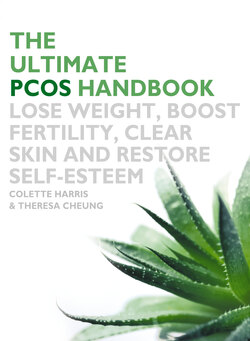Читать книгу The Ultimate PCOS Handbook - Theresa Cheung - Страница 35
HRT OR NOT HRT?
ОглавлениеIn the past, HRT (hormone replacement therapy) has been widely used to help women going through the menopause and post-menopause. Some doctors even prescribe it for perimenopause if hot flushes are a problem. What research there is suggests that taking HRT can bring about the same benefits for women with PCOS as it does for women without PCOS. But because of the increased risk of cancer of the endometrium (womb), women with PCOS should use a type of HRT that includes progesterone to induce periods. Androgenic progesterones, such as levonorgesterel, should be avoided.
Also bear in mind that recent research on the effects of HRT (since 2003) has led doctors to question whether any possible long-term benefits are worth the risks associated with the treatment, such as an increased risk of breast cancer and heart disease if you take it for more than five years. You should be aware of these risks and how they might compare with the possible benefits when deciding what you want to do.
If you’re considering hormone replacement therapy, do make sure your doctor is familiar with PCOS and can help you select a treatment plan that will take into consideration the specific problems associated with PCOS.
You may of course decide not to go down the HRT route, and protect yourself with diet and lifestyle changes instead. If this is the case, it’s still important that you keep in close touch with your doctor to make sure you’re protected against the long-term health risks associated with PCOS.
‘My mother died of breast cancer at 56, so there was absolutely no way I was going to go on HRT.’
Maureen, 57
